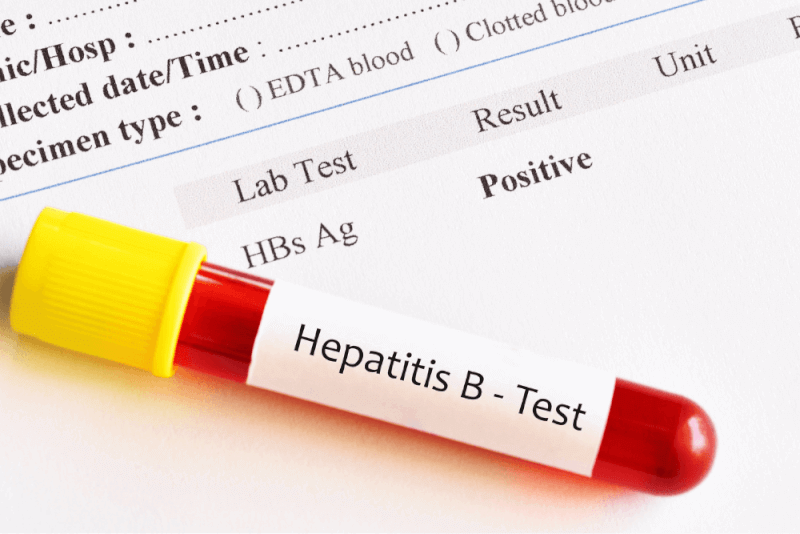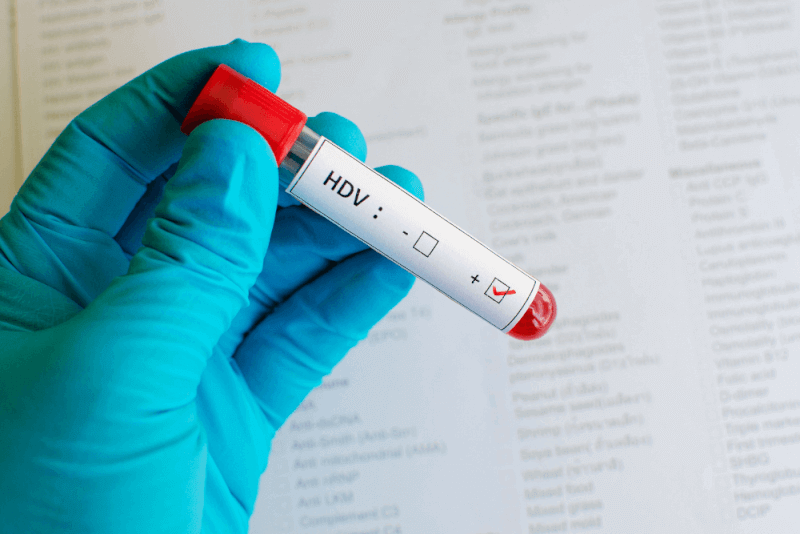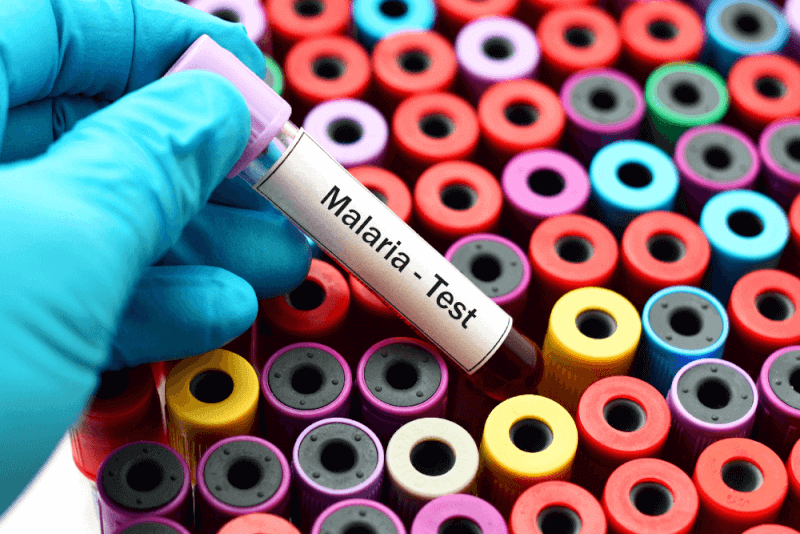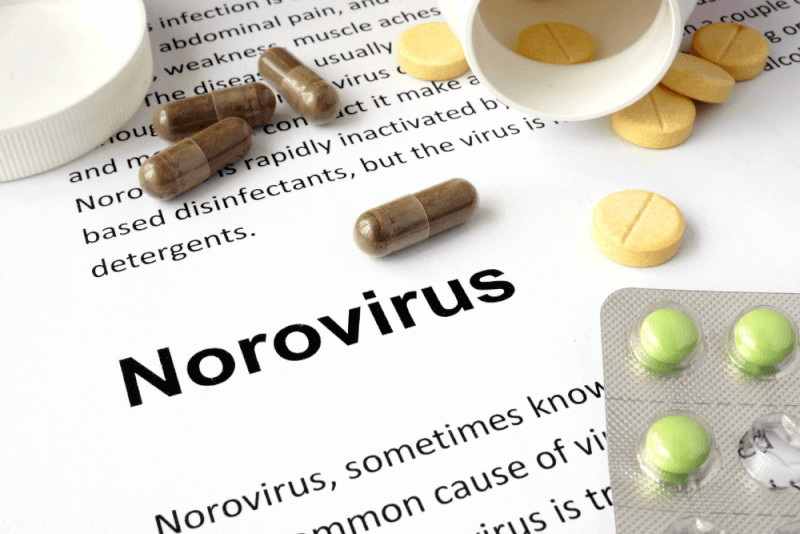30-Second Summary
- The diagnosis is made with a tape test.
- The most common symptom is itching around the anus and vagina at night.
- Treatment involves antiparasitic medications or strict adherence to hygiene rules.
- Pinworm is a parasite that lives in the human intestine.
What are Pinworms?
Particularly affecting children, pinworms are responsible for making millions of people sick each year. Pinworms are caused by tiny parasitic worms. The adult worms vary in length from 5 to 10 mm and are white or cream-colored, resembling small pieces of thread. These worms can live in the human body for about 6 weeks, and their eggs are only visible under a microscope. Treatment for pinworms, which typically brings quick relief, often causes itching and discomfort to those affected.
Types of Pinworms
Pinworms, a type of parasite, are primarily divided into 3 subtypes. The varieties of pinworms include the following.
Roundworms
This type of pinworm, which settles in the intestines, can exist in its host for a long period. They can cause many complaints such as abdominal pain, fever, and diarrhea. Roundworms have a long and round body and can vary in size depending on the species. Their eggs and larvae are usually transmitted from infected soil or feces. They typically spread orally through contaminated hands being placed in the mouth.
Roundworms can be seen in anyone but are more common in children. Living in less developed countries, being in prisons or care homes, and not adhering to hygiene rules significantly increase the risk of transmission.
Symptoms caused by roundworms include:
- Cough
- Fever
- Sleep disturbances
- Restlessness
- Vomiting
- Severe abdominal pain
- Wheezing
- Malnutrition
- Growth delay
Hookworms
The larvae of hookworms, which infect the intestines, enter the body through the skin. Once they reach the intestine, they hatch from the eggs. The reason they are called hookworms is due to the hook-like appendages in their head regions that allow them to attach to the intestines.
Hookworms, a parasite spread from soil, affect both children and adults. They are more commonly found in warm, moist, and tropical areas. Although hookworms can also be found in animals, this type does not cause infection in humans.
After entering the body, hookworms travel within the body in the following manner:
- The larvae enter the body and travel via the bloodstream to the heart and then to the lungs.
- The larvae in the lungs are coughed up and then swallowed.
- By doing so, the larvae enter the digestive system and reach the small intestine.
- They attach to the small intestine through their hooks and begin to mature.
- Fertilized eggs are then excreted with the feces.
- This process can last 2-3 months. Additionally, hookworms can live in the human body for 2 years or longer.
Symptoms that hookworms can cause include:
- Skin rash at the site where the larvae enter the body
- Anemia
- Fever
- Weight loss
- Cough
- Wheezing
- Diarrhea
- Abdominal pain
- Loss of appetite
Whipworm
Another type of parasite transmitted from soil is the whipworm. Both larvae and mature whipworms live in the intestines. It is one of the most common parasitic infections.
Whipworms typically do not cause any symptoms. However, as their population increases, symptoms may begin to appear. Symptoms that can occur with whipworms include:
- Severe, frequent, and painful intestinal movements containing a mixture of mucus, water, and blood
- Diarrhea that usually smells worse than normal
- Abdominal pain
- Growth retardation
- Anemia
- Cognitive developmental impairment
Tapeworms
Tapeworms are one of the parasite types that can infect human intestines. Their larval form can remain alive in other parts of the body. This condition is referred to as a larval cyst infection.
Tapeworms typically cause mild symptoms, but if moderate to severe symptoms are present, they may include:
- Nausea and feeling like vomiting
- Gas
- Abdominal and stomach pain
- Weight loss
- Loss of appetite
- Loose stool
- Hunger pangs
- Cravings for salty foods
Larval cysts can be found in all organs, including the brain. Depending on the organ affected, various symptoms may be observed.
Pinworm Symptoms
The symptoms of pinworms are limited. The most common symptom is itching in the anal and vaginal areas. This itching is especially more pronounced at night because pinworms emerge around the anus to lay eggs during this time. Another symptom is vaginal discharge, as in some cases, pinworms may move towards the vagina. Additionally, scratching these areas can lead to wounds which may become infected.
Another symptom of pinworms is restlessness, insomnia, and a feeling of discomfort. Less common symptoms include intermittent abdominal pain and nausea. In some patients, pinworms may progress silently without showing any symptoms.
Causes of Pinworms
Pinworm infections are caused by accidentally inhaling or ingesting their eggs. These microscopic eggs can be found on contaminated food, drinks, or hands. Once ingested, the eggs settle in the intestines and later hatch into worms.
Female pinworms move towards the anal area to lay their eggs, which often causes itching in the area. If the itchy area is touched, the eggs can transfer to the fingers and remain under the nails. The eggs can then contaminate toys, bedding, and furniture, where they can remain viable for 2-3 weeks.
Diagnostic Criteria for Pinworms
To diagnose pinworms, a doctor must confirm their presence. A tape test may be requested from patients. For the tape test, patients must apply a clear tape to the itchy area immediately upon waking, before going to the bathroom or taking a shower. If pinworms are present, their eggs will stick to the adhesive side of the tape. For accurate results, the test should be performed on three consecutive days.
The tapes collected from patients are then examined under a microscope to confirm a diagnosis of pinworms. If pinworms are found in a patient, it is recommended that family members also undergo testing.
What are the Treatment Methods for Pinworms?
Treating pinworms is generally straightforward. The primary goal of treatment is to prevent reinfection. Therefore, it is necessary to treat everyone in the household. There are two different methods of treating pinworms.
6-Week Strict Hygiene Schedule
There are specific hygiene rules that patients and family members need to follow during a 6-week strict hygiene schedule. These rules include:
- Both the patient and household members need to improve their handwashing habits. Especially before meals, hands should be thoroughly washed with warm soapy water.
- Another important routine is showering. Both the patient and household members should shower every morning and change their underwear. However, since pinworms can also be spread in the shower, family members, especially children, should not bathe together.
- Everyone in the house should have their nails cut short. If there is a habit of nail-biting, then this habit should also be stopped.
- Individuals who are infected should not scratch the anal area.
- All textile products used in the home should be washed at high temperatures. Also, to prevent pinworm eggs from becoming airborne, textile products should not be shaken.
- All surfaces in the home that could be infected must be regularly cleaned, especially surfaces like toilets, countertops, and toys.
- If infection recurs after the patient has recovered and the home has been thoroughly cleaned, it should be considered that the source of the infection may be external.
Pinworm Medications
Antiparasitic medications are used in the treatment of pinworms. There are three different medications used in treatment. One of the medications is given to patients as just one tablet. Another drug, despite being the one with the least side effects, requires additional medications to reduce inflammation in the central nervous system. Additionally, there is a drug available over the counter that is suitable for use by pregnant and breastfeeding women.
Natural Treatment Methods
Some natural methods can also aid in the treatment of pinworms. Although there is limited scientific research on these natural supplements, some results have shown they can provide relief. These include garlic, grapefruit, raw carrots, coconut oil, pumpkin seeds, and onion juice.
What are the Harms of Pinworms?
Pinworm infections generally do not cause major problems. However, in rare cases, they can also infect female reproductive organs, as pinworms can travel from the anus to the vagina and then to the uterus and fallopian tubes.
Another issue with pinworms can be a urinary tract infection, which is more common in women. Heavy pinworm infestations can also lead to cystitis by reaching the bladder.
The most common problem caused by pinworms is weight loss in patients, as pinworms absorb essential nutrients from the food.
Additionally, pinworms can cause infections in the abdominal cavity, including appendicitis. Intense itching can also lead to skin infections.
Pinworms in Infants
Since pinworms are highly contagious, they can easily infect even very young infants. Symptoms of pinworms in infants include irritability, restlessness during sleep, and itching in the anal area. Adhering to hygiene rules is usually sufficient for treating pinworms in infants.
Pinworms in Children
Half of pinworm cases are seen in children, mainly because they constantly share and put toys in their mouths. Symptoms of pinworms in children include:
- Abdominal pain,
- Severe itching in the perianal area,
- Drooling at night,
- Teeth grinding,
- Nausea,
- Vomiting,
- Nasal itch,
- Loss of appetite,
- Weight loss,
- Night terrors
Treatment of pinworms in children involves strict adherence to hygiene. Additionally, pinworms can cause weight loss, appendicitis, bed-wetting, diarrhea, skin infections, and pain during urination in children.
Is it Possible to Eliminate Pinworms in 3 Hours?
Since pinworms are easily transmissible and reproduce rapidly, it is not possible to completely cure the infection within 3 hours, even with the best medical care. The treatment of a pinworm infection can vary from a few days to several weeks. To ensure that the risk of infection is completely eliminated, hygiene rules must be strictly followed for 6 weeks.
Pinworm Itching
Pinworm itching is especially noted at night. This is because pinworms move to the anal area to lay eggs around the host's anus, causing intense itching that can disrupt sleep.













O** L** | 04 Jun 2024